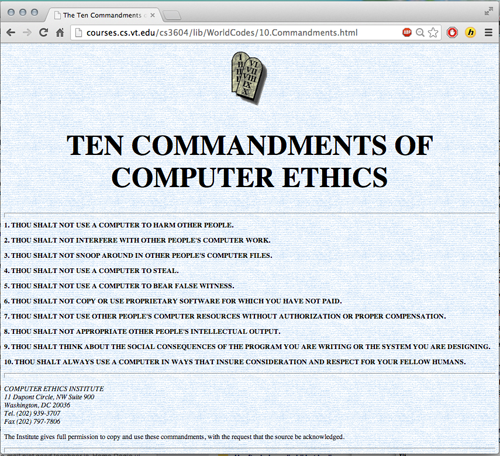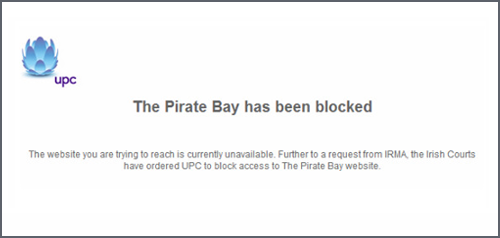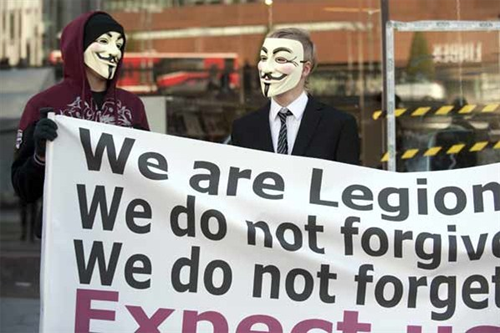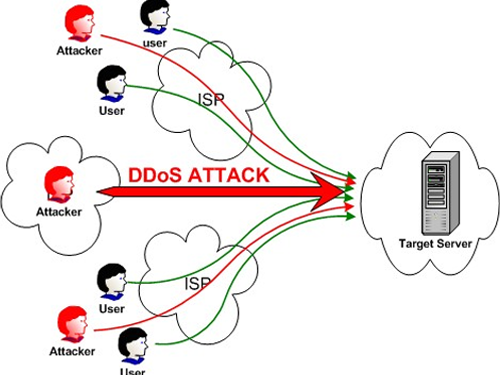INTERNET = RELIGION
The internet and its netizens behave like a religious community: divided into different branches, of which some have extreme ways of thinking and behaving
A religious community = A social group of people that follows an organized collection of beliefs* and rules in which these people determine their lifestyle. A community is not bound by geographical borders.
*It is not necessary for a belief to be involved with theism, therefore, religion is not per se theistic. However, a religion is most certainly involved with something that is sacred (something that is considered worthy of devotion). In a non-theistic religion, a sacred thing could be a philosophy, a person, or an object. For example, in our online community a sacred object could be a router, as that router is responsible for your entire existence online.

The following things are happening within a community when a smaller one (i.e. a new religion) is on the rise:
1. Growing: People live in a growing community
2. Branching off: The community becomes too large to overview everyone and local subdivisions start to separate themselves from the large community (out of dissatisfaction)
3. Fear: The original community protests against separation, fearing its disappearance. -> Measures will be taken to prevent more people from leaving the original community (i.e. propaganda, discriminating laws)
4. Anger: Protest rises from the new group, as they feel they are being oppressed by their original community. They will take action to regain their freedom.
5. Escalation: Clash between groups happens. Worst case scenario is the killing of people in either war, terrorist attacks or genocide.
These five steps have taken place in many religious communities. A nice example is the start of christianity in the Roman Empire. And even after that: the Reformation that caused the Protestant Church branching off of the Catholic Church. Or a more current event: the fear against the rise of islam in Europe. We see the same thing happening in the online community. Let me explain.
As of 2013, The Internet has grown so much, that is has become a daily activity within most (western) households. However, The Internet seems to have become an echo chamber for extreme opinions and maybe it is time to take a look at who we are - NETIZENS - and how we behave online.

So, IN THE BEGINNING, until 1990, the late academic stage of the Net, it was presumed that all users knew the rules (also called netiquette), and would behave accordingly.

Of course this wasn’t always the case, so, when misbehavior was noticed the individual would be convinced to stop spamming, bullying, etc. This was no longer possible after 1995 when the Internet opened up to the general public and the WWW with its browsers that made it so much easier to use. [1. Growing]

There were too few moderators to monitor everyone’s behavior. It resulted in people taking rights into their own hands and forming closed off groups with other fellow-minded users. [2. Branching off]
After 9/11 and the dotcom crash things changed dramatically. A good decade later there are tons of legislation, government bodies and a whole arsenal of software tools to oversee the Internet. However, the issues have only grown exponentially, and not gone away. [3. Fear]

The professional monitoring of comments is becoming a serious business. The netizens are acting defensively towards those who try to take away their freedom. It is in particular the young people who react impulsively to events, often posting death threats to politicians and companies without realizing what they just did.
New groups form from online networks with the goal to protect the ideology of The Internet. [4. Anger]

With the expanding forms of the Internet, more offensive measures are taken to prevent its grow. The netizen, being able to create its own weapon, decides to defend the existence of their online community by fighting back. The protesters (terrorists) are called hacktivists. [5. Escalation]

The pattern of how we act online is not different from how people act in a religious community. It is our nature to form structure in our lives by forming groups. What evolves out of that, is a closed community with a defensive mentality. Whenever a community threatens the territory of another, there is a great chance that the two will clash.
We think we are all individual and free-minded, but actually we are ‘formed’ by the ethics of the community we live in. No matter where we live, our mentality will never change.
Written by RG for 15 A.G.
References Mieke Gerritzen and Geert Lovink, Everyone is a designer in the age of social media, 2010, BIS Publishers